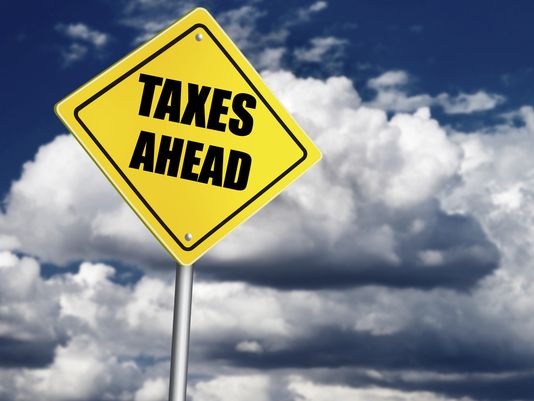Here is a list of 10 important changes you need to know about before filing your 2016 taxes. USA TODAY
Tax time is nearly upon us again, and 2016 will bring some tax changes you need to know about. By learning about them before the new year, you’ll be better able to take steps that will leave you prepared both this year and next. Let’s look at the 10 biggest tax changes you should know about going into 2016.
1. Tax Day is April 18.
The Washington, D.C., holiday of Emancipation Day is on Friday, April 15, 2016. Under federal law, the tax deadline gets extended when it falls on a holiday or weekend, and so the tax deadline for most taxpayers will be the following Monday, April 18. For those states in New England that celebrate Patriot’s Day, an even later April 19 deadline will apply.
2. Tax penalties related to Obamacare are going up again.
The Affordable Care Act imposed penalties for those not having qualifying health care coverage. Those penalties started at $95 per adult, or 1% of income above the filing threshold in 2014, but they rose to $285 per adult, or 2% of income above the filing limit in 2015. For 2016, penalties will rise again, hitting $695 per adult, or 2.5% of income. A family maximum will apply to the per-person amount, but the $2,085 amount will be substantially higher than the $975 in 2015, and the $285 in 2014.
3. Tax brackets are rising slightly.
Most of the tax brackets that govern different classes of taxpayers are adjusted for inflation. For 2016, these bracket amounts are rising by roughly 0.4%.
4. Standard deductions are going up for head-of-household filers.
The low inflation rate kept standard deductions for most taxpayers steady in 2016 from 2015 levels, including the single, married filing jointly, and married filing separately statuses. For those who qualify as heads of household, the standard deduction will rise $50 to $9,300 in 2016.
5. Personal exemptions are rising.
The personal exemption that taxpayers are entitled to take on their tax returns will go up by $50 in 2016. That will give everyone an exemption amount of $4,050.



